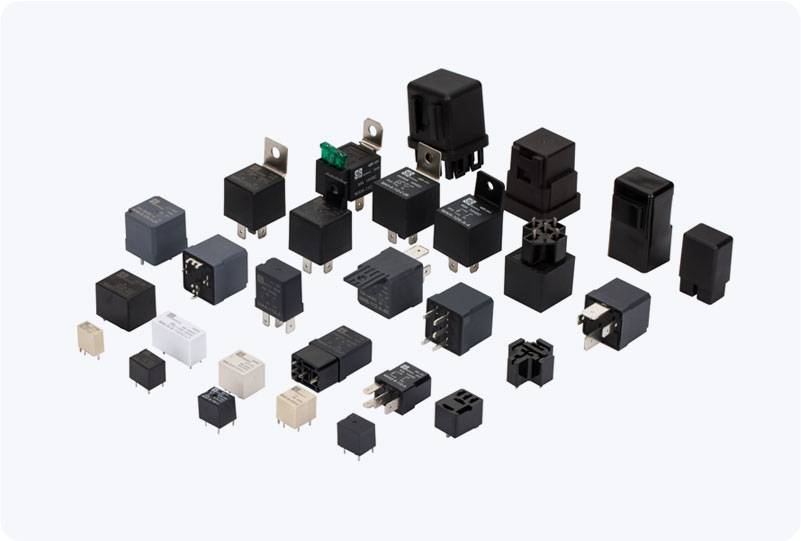Industrial control relays are critical components in modern automation systems, widely utilized in various industries for efficient control and protection of electrical circuits. These electrical devices play a significant role in ensuring the smooth operation of complex machinery, protecting systems from overloads, and offering precise control in automatic processes. In this article, we will explore the functions, types, applications, and advantages of industrial control relays.

What is an Industrial Control Relay? An industrial control relay is an electromechanical device used to control the opening and closing of electrical circuits. It consists of an electromagnet (coil), contacts (normally open or normally closed), and a spring or mechanical arm. When current flows through the coil, it generates a magnetic field that attracts the contacts, causing them to either open or close. This switching action allows the relay to control the operation of larger electrical devices with a small input control signal. Types of Industrial Control Relays Electromagnetic Relays: These are the most common type of relays and work based on the principle of electromagnetic induction. They use a magnetic coil to create a magnetic field that activates the relay’s contacts.